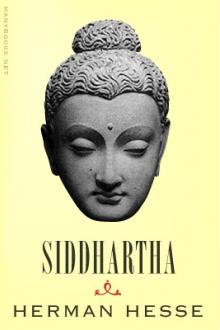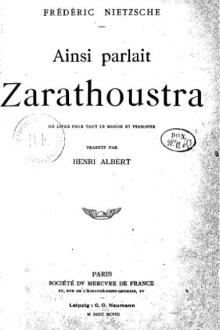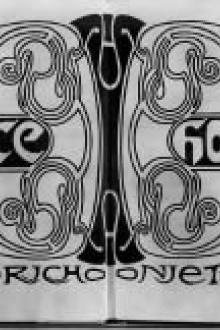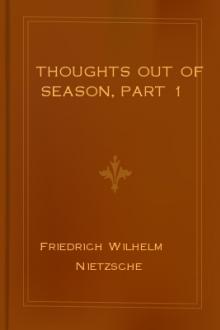The Antichrist
Book Excerpt
But though the theology of Christianity had thus sunk to the lowly estate of a mere delusion of the rabble, propagated on that level by the ancient caste of sacerdotal parasites, the ethics of Christianity continued to enjoy the utmost acceptance, and perhaps even more acceptance than ever before. It seemed to be generally felt, in fact, that they simply must be saved from the wreck--that the world would vanish into chaos if they went the way of the revelations supporting them. In this fear a great many judicious men joined, and so there arose what was, in essence, an absolutely new Christian cult--a cult, to wit, purged of all the supernaturalism superimposed upon the older cult by generations of theologians, and harking back to what was conceived to be the pure ethical doc
Editor's choice
(view all)Popular books in Philosophy, Religion
Readers reviews
He was trying to do to philosophy what Darwin did to biology—remove god and all invisible delusions from philosophical thought. And, like most non-biologists, he completely misunderstood Darwin.
He believed that the superior man would rise above the rabble of men because of his innate abilities. But rather than examine Nature and society for the type of person who survives to reproduce best, he invented his own characteristics of superior man: strength, power (social, wealth), ego, a need for action (including war,) and enough intelligence to agree with him.
His appeal to the Nazis is obvious. If you can invent a superior man, why not also throw in blond hair, blue eyes, and a tendency towards skin cancer?
He doesn't specifically name inferior people except those who disagree with him, and is not particularly an anti-Semite (he despises Jews and Christians equally, and seems to loathe Germans), but he does suggest that the superior man has an obligation to discourage the existence of those who are not superior. And war is a tool.
Spirituality, including conscience, is a delusion. Christian virtues are actually vices to a superior man. Compassion, tolerance, patience, sacrifice are all for the poor and weak. The worst vice is hope.
Around section 30 he begins an exposé of Christianity, claiming its deification of Jesus and preaching of eternal salvation is a fraud. His point is that Jesus came to demonstrate how to live (and die) a holy life, and nothing else. The apostles and Paul created the rest. This is the most interesting part, to me. He does have a tendency to repeat and over-explain.
H.L. Mencken did the translation, and it is exact and elegant. Nietzsche's scorn and sarcasm come through clearly. I found Mencken's introduction much better than the rest of the book.
- Upvote (0)
- Downvote (0)
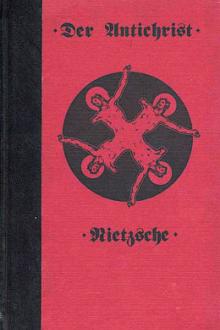
 Free Download
Free Download

















